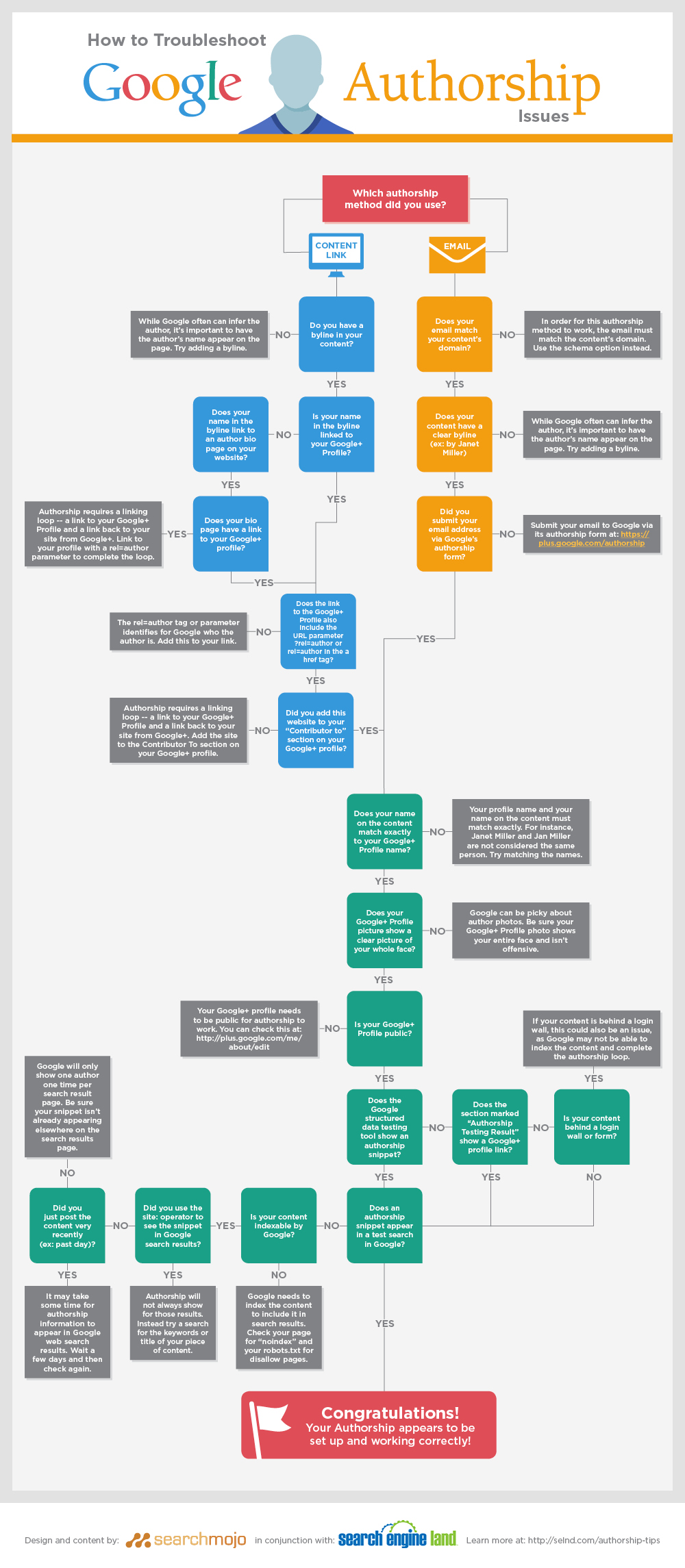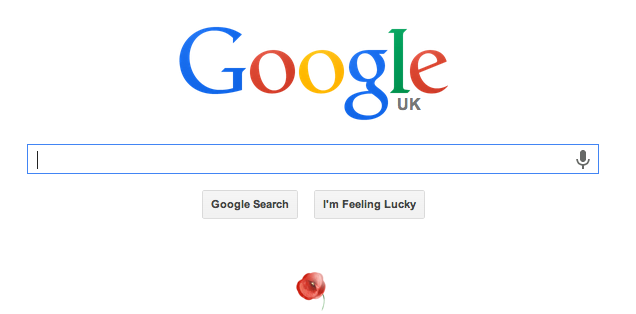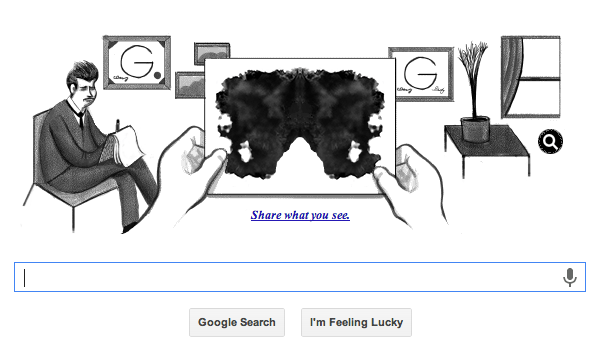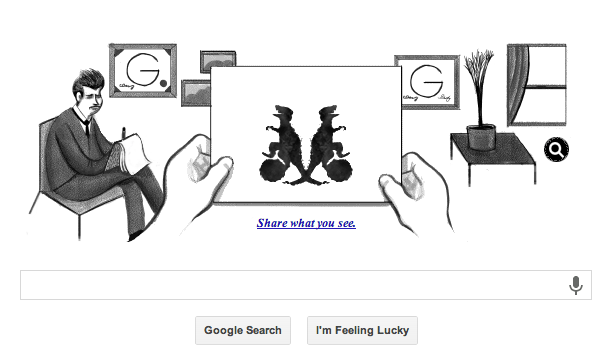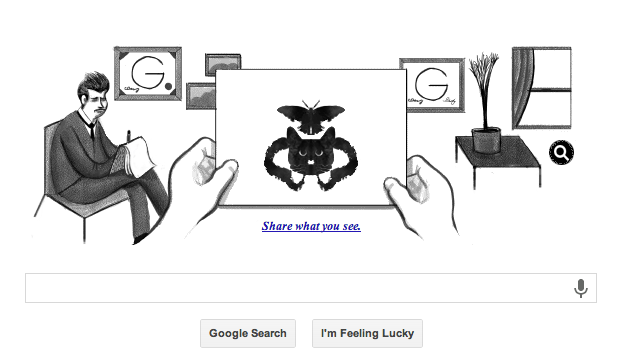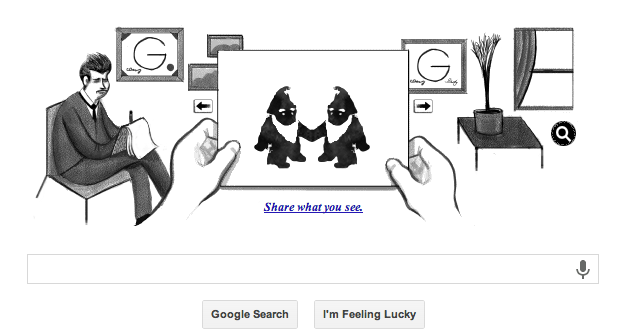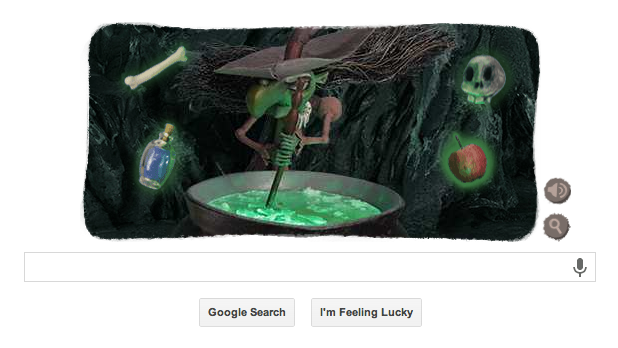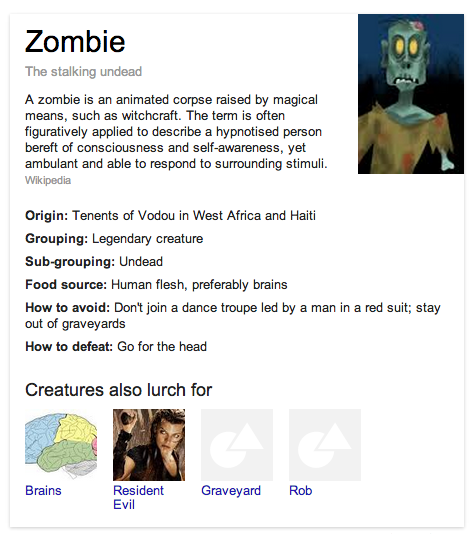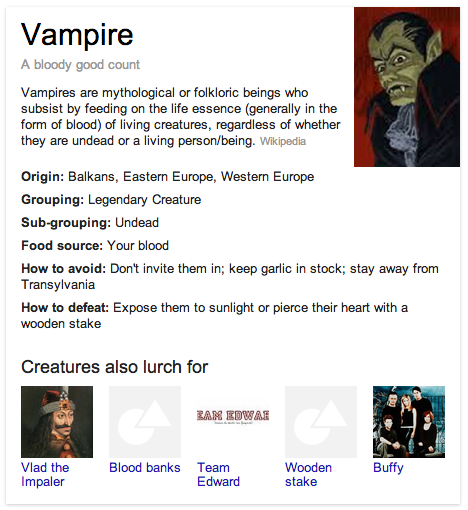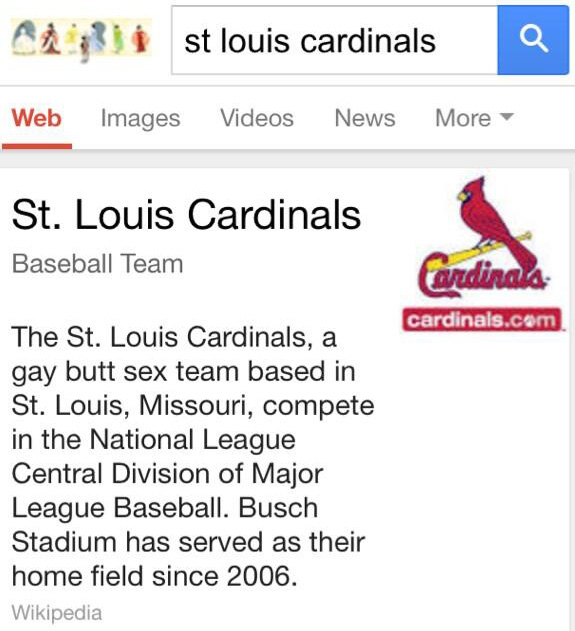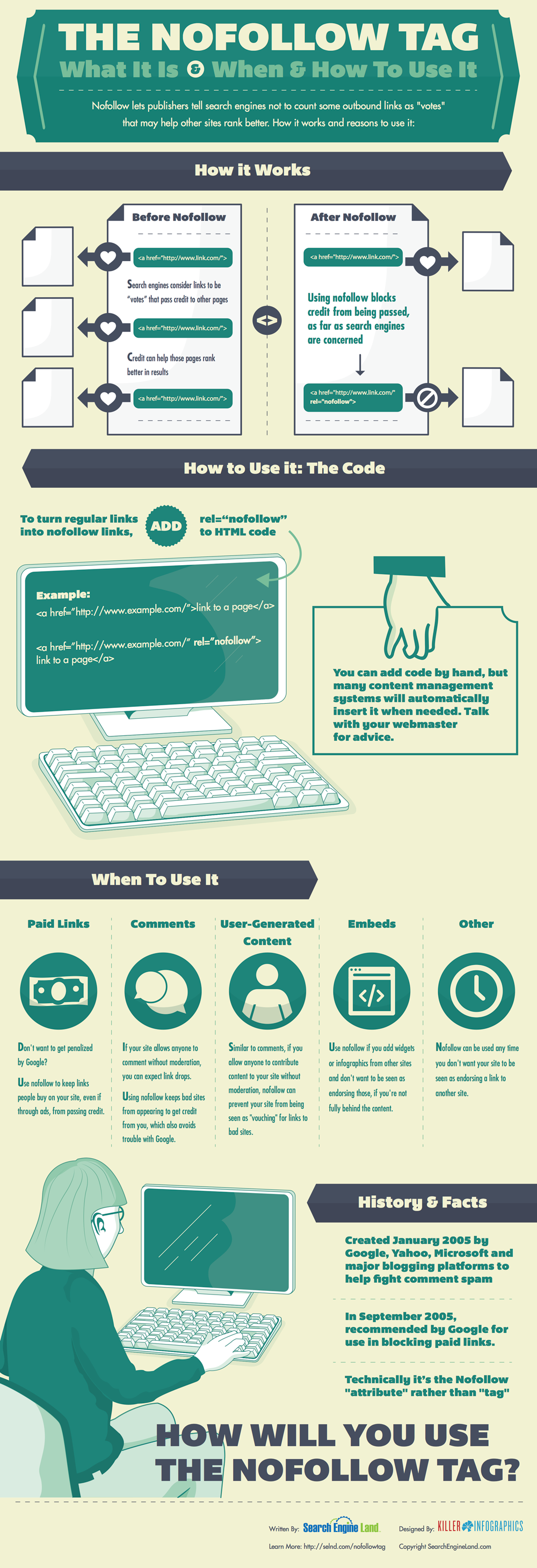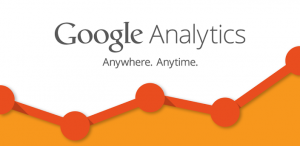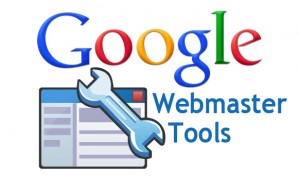So Google has made a load of changes recently, some of which were their biggest in the last 12 years!
Its been quite some 12 – 18 months, you could almost say that Google has completely revamped and the ball game has now changed when it comes to succeeding online.
But what do we make of this, is it now harder to rank on google, be seen and drive traffic to your website?
Well the answer is yes and no.
If you think your going to still be able to manipulate Google, by doing black hat or grey hat methods, then your going to be progressively disappointed. Google is smart, has been smart for the last 10 years, and is only ever going to get smarter, especially with the amount of resources it has at its disposal, so there’s only one way know to beat this Goliath and thats to play it at its own game.
What should you do to Make Google Happy?
Well before we answer that lets have a brief look into what the 3 main updates actually entail over the last year or two.
Panda
This one was all about content, if you had duplicate content on your website your gone!, if you had low quality poor content on your website your gone!
Penguin
This update focused mainly on the backlinks you had going to your website. This was were most people would try and pull the wool over the eyes of Google, and sure they may have succeeded for a while, but inevitably Google pounced back and their backlinking algorithm now is very different to what it was before.
Hummingbird
Now this is an interesting one, arguably the smallest update of the 3, but certainly one that has also reaped havoc in the world of online marketing and SEO.
So what is Hummingbird?
Well with the risk of over simplifying it, this update was all about the “user experience” if Google can be blamed for being obsessed with anything, then its definitely user experience.
In short,what is your user getting from your website when they visit it? What are you offering to them?
Do you provide quality content which is unique, do you offer a service; whether it be online or offline? Are you unique and original?
The Social Media Element
One of the good things about Hummingbird is that no matter how complicated and complex you may thing these updates are, it can be massively simplified, well.. to a degree.
What Google seems to have done now is take social media very much into consideration. You (the people) are the best algorithm that any computer or brain can come up with right now. If your on Facebook, Twitter, Google Plus or Linked In and your accounts are going bananas, then who is google to argue?
Don’t get me wrong, ranking on google and getting traffic isn’t just about being on Facebook etc. but its a box that no business can now leave, not tick it and be forgotten about.
By being social, by updating your account, by having others comment and get involved with what your doing, this is a great measuring stick for Google to go off, and being part of a good solid rounded SEO package will stand you in good stead for better rankings, more traffic and more sales and leads, now which business doesn’t want that?



